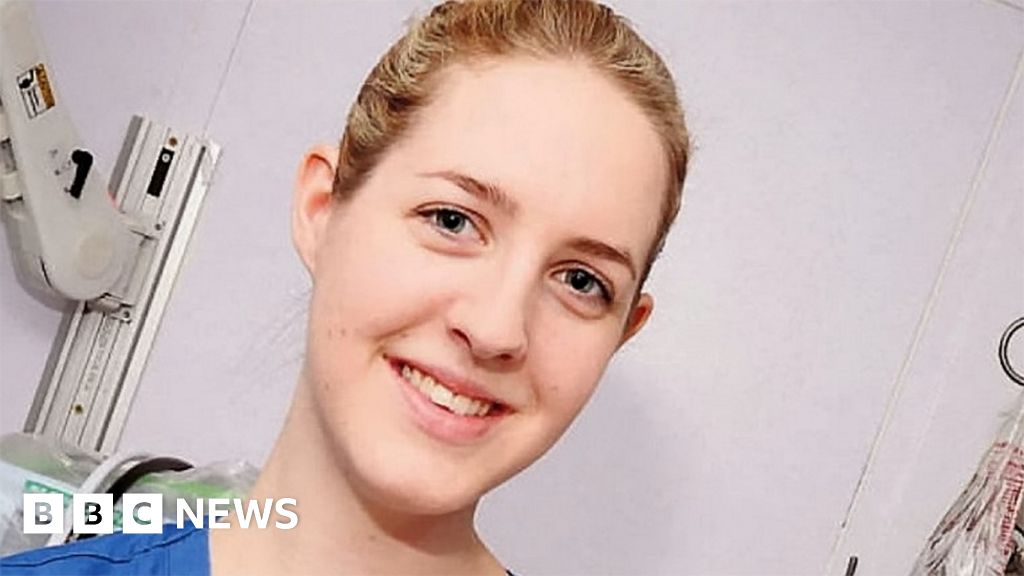I don't know - The over feeding could somehow have been a mistake, maybe it wasn't as much as estimated in the vomit. I am not sure what happened there, I'll have to wait and see what the defense provides as alternate explanation.
Ideally there would be records of it - another benefit of computer charting is that vital signs are automatically pulled in from the monitors - a nurse needs to verify they are accurate, because monitors aren't perfect, but you can see if someone disconnected the baby or the baby was having an event.
You can do that manually on a monitor too, and it's often done to get times for codes afterwards. But it sounds like this hospital barely had monitoring.
It's honestly not that far, based on the descriptions here. No central monitoring, babies not being on some sort of accurate monitors (we've recognized apnea monitors alone aren't worth much since the 80s), nurses mixing high concentration dextrose, preparing their own insulin, paper charting - I understand it is standard there, but it is a very far cry from what I've seen in the US and Canada. Even in the smallest hospitals I've visited (and I do interfacility transport, so I see a lot of small hospitals) they are able to have full cardiorespiratory monitoring. They mix more of their own meds (like ampicillin), but IV additives are done in a pharmacy, drips are made by pharmacy, unless it is a code, there's access control to most meds outside normal saline, D5 and D10.
If they are going to be going home soon, they might be able to lose the sat probe that monitors their oxygen, but they would keep a HR monitor on unless they were being directly observed by staff/family for a period of time. If they are "rooming in", which is practicing for going home, especially for medically complex babies, they might have the monitor in the room turned off, but the central monitor on. That's done because even if they are going home soon, they are on our watch and we are responsible for them. If they were to have an event and no one knew, while they were in a NICU, it would be terrible. And in America, they would absolutely sue the hospital for everything it was worth.
The descriptions of the standards do provide evidence the defense's argument of care issues in the hospital, IMO.
Everything I've ever seen about UK hospitals on TV and at conferences presents a very different picture, more in line with what I see in the US/Canada, but the big difference seems to be at these smaller hospitals. And that is absolutely on the NHS that they have not updated their hospitals enough.






